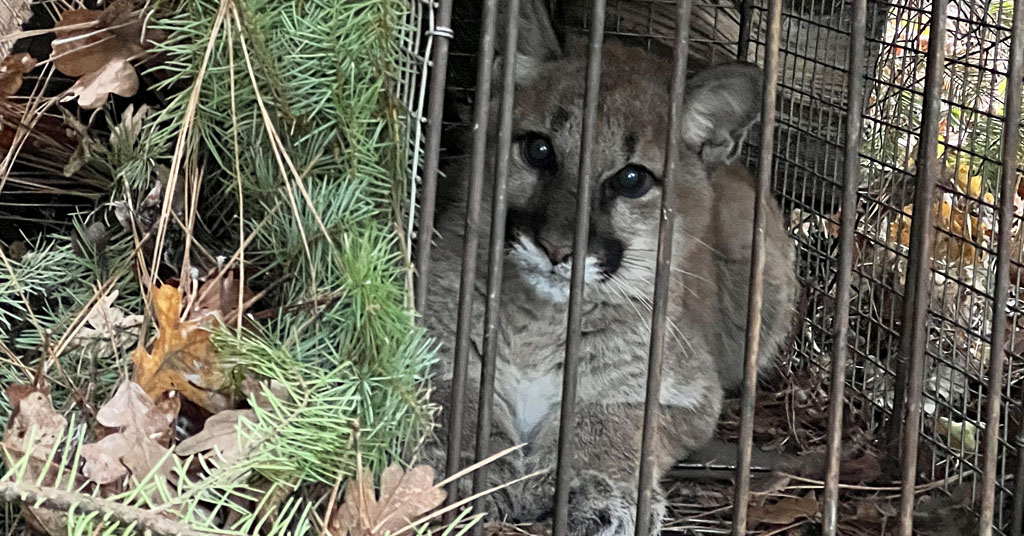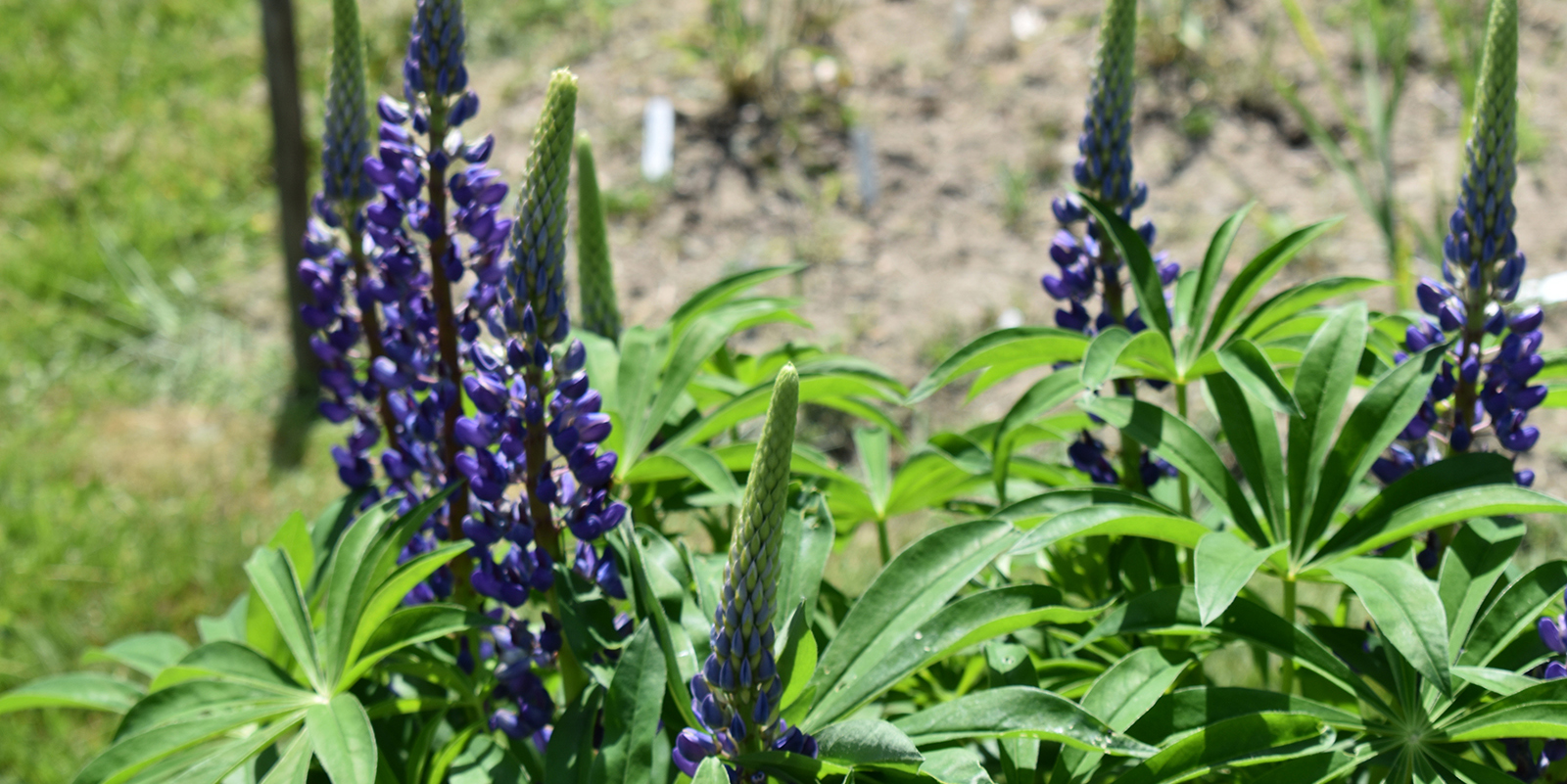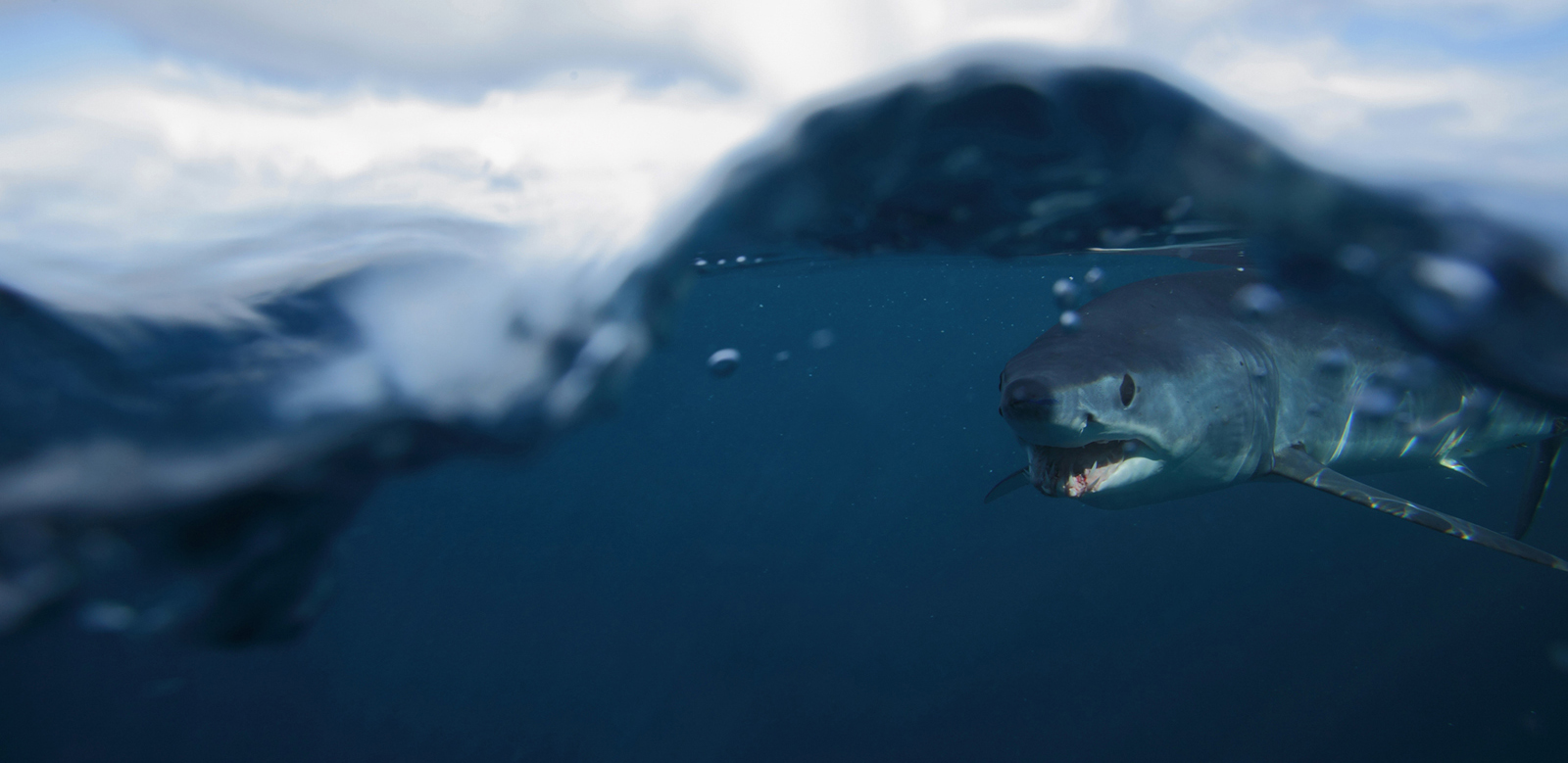As Rhode Island Pollinator Species Decline, Pesticide Spraying Moves Into Backyards
October 18, 2021
Succumbing to the relentless pressures of habitat loss, climate change, and exposure to pesticides, the population of the American bumblebee (Bombus pensylvanicus), has declined by 89 percent nationwide. The news is far worse in eight states, including Rhode Island, where the American bumblebee has “completely vanished,” according to a recent story in the Smithsonian Magazine.
Once one of the most commonly observed pollinators across the United States, the remaining populations of American bumblebees are now so low that they are under consideration for designation as an endangered species. A petition to the federal government filed in August by the Arizona-based nonprofit Center for Biological Diversity seeks to protect the bees under the Endangered Species Act. The U.S. Fish and Wildlife Service is currently reviewing the petition.
Alan Gettman probably knows more than anyone about mosquitoes in Rhode Island. As the state’s mosquito abatement coordinator, Gettman oversees the trapping and testing of mosquitoes. Mosquitoes found to be carrying the West Nile virus or eastern equine encephalitis are identified at the Rhode Island Health Department Laboratory, and the Rhode Island Department of Environmental Management (DEM) issues weekly mosquito testing reports.
Gettman, who recently wrapped up the testing season, said the wet summer contributed to the large numbers of mosquitoes, but despite the larger mosquito population, only a small number of cases of West Nile virus were found.
“We’re up to five isolations of the virus in our mosquito samplings this summer, and that’s kind of normal, or maybe a little above normal,” he said.
A sixth sample, collected in Gloucester on Sept. 27, has tested positive for the virus. No samples taken this summer tested positive for eastern equine encephalitis.
Mosquito spraying, however, is a booming business.
A quick internet search for “mosquito testing in RI” turned up not a list of testing laboratories, but advertisements from companies that promise to eliminate them. Lawn-care companies have entered the lucrative business of mosquito control, and many other companies specialize in spraying for mosquitoes and ticks.
Some companies offer “all natural” yard treatments, but the chemicals most often used to kill mosquitoes are synthetic chemicals known as pyrethroids, not to be confused with pyrethrins, which are derived from a species of chrysanthemum.
Steven Alm, a professor of entomology at the University of Rhode Island, said pyrethroids will kill whatever insects they land on. A team of graduate students, led by Alm, recently found a single American bumblebee in Rhode Island — after about a decade of one not being observed here — but are keeping the location secret.
“Some of these mosquito products, for example, like the pyrethroids, yeah, if you hit the bees with them, and other beneficial insects, they’re going to be toxic to those as well,” he said.
Pyrethroids are safe to pollinators once the spray has dried and sunlight begins to break them down, so the number of non-target species killed by yard-spraying depends, to a large extent, on the skill and training of the applicator.
“If you’re not trained to avoid the flowers, for example, it could do some harm, especially to bees and parasitic wasps and lady beetles and things like that,” Alm said.
DEM requires certification for commercial applicators, but the agency also used to require formal training, which, DEM spokesperson Michael Healey said, is now optional.
“Since the inception of the pesticide safety program in the late 1970s, DEM did require training as a prerequisite for testing,” he said, “… someone challenged the requirement about five years ago … at which time DEM reviewed it and found it to be unenforceable because there was no statutory basis for us to require training. Since then, training has been voluntary.”
Alm said the lack of training is concerning.
“You know, you get these people that have not had training with pesticides at all to just go right out there — just hand them a book to study without any interaction with anybody,” Alm said. “I don’t think that’s the way to go.”
Spraying for mosquitoes and ticks and dousing lands with pesticides and herbicides isn’t limited to private yards. From 2010 to 2016, the Rhode Island Department of Transportation applied at least 43,959 gallons of herbicide to public lands across the state.
Pesticides are also applied at state parks, to the Statehouse grounds, and on other state-managed lands. Each of Rhode Island’s 39 cities and towns also apply poisons to eliminate unwanted plants and insects from public property.
DEM does require that commercial applicators pass an examination, which is based on federal regulations regarding the types of pesticides they will be using.
Healey said the state agency does require testing to demonstrate practical knowledge in the specific areas as outlined in federal law. He noted that from Oct. 1, 2020 to Sept. 30 of this year DEM administered 465 exams, of which 50 were retakes. Of the 415 first-attempt exams, 294 passed and 121 failed, for a success rate of 71 percent.
To maintain state certification, DEM requires private applicators take six hours of recertification training every five years. Commercial applicators must take eight hours of recertification training every five years.
A “shortsighted fix”
Mosquito spraying usually takes place during business hours, in other words, in daylight, when pollinators are active and most mosquitoes are not flying, but resting.
Aimee Code, pesticide program director for the Portland, Ore.-based Xerces Society for Invertebrate Conservation, noted yard spraying often misses the intended targets and kills beneficial species.
“There are some mosquitoes that are out during the day, but definitely, the vast majority of the chemical that’s being sprayed in your yard is not touching the mosquito — it’s not doing what it was meant to do — it’s just contaminating your yard,” she said, “and it potentially could be killing any number of beneficial insects that are in your yard, including bees, butterflies, beneficial wasps, many insects that are actually eating and killing pests in your yard.”
The other shortcoming of the chemical approach is that mosquitoes are mobile, flying into yards that have been sprayed and replacing those insects that were killed.
“Just because you’re spraying your yard, mosquitoes can still move in after that chemical settles out and they’re going to still bother you,” Code said. “It’s a very short-term, shortsighted fix.”
The sales pitch for one of the more popular mosquito-spraying companies is “The only good mosquito is a dead one.” But what about the ecological roles mosquitoes play?
Raven Forrest Fruscalzo is a science communicator who earned a master’s of science degree with a focus on entomology from the University of Notre Dame. She also produces a podcast, Tiny Vampires, about blood-sucking invertebrates.
Fruscalzo said mosquitoes are valuable, filling more than one niche in the ecosystem.
“Because they’re so low on the food chain and they’re produced in such numbers, especially mosquito larvae, they’re one of the primary food sources of young dragon flies,” she said. “So, they’re an aquatic insect and a lot of other important aquatic insects are feeding on them. … They’re also pollinators, so they’re going after the nectar in plants, just like other pollinators.”
Fruscalzo also noted that not all mosquitoes feed on humans.
“There are a lot of different types of mosquitoes,” she said. “There are thousands of species and many of them, in fact, never bite humans. They’ll feed off of reptiles like snakes or amphibians, so they have different specializations. Lots of different things eat them. For example, if you put a hummingbird feeder out, you’ll reduce the number of mosquitoes in your yard because hummingbirds love eating mosquitoes.”
DEM recommends an integrated management approach to controlling mosquitoes. This approach includes eliminating standing water where they breed, repairing window screens, applying repellent, and dressing in long sleeves and pants.
Code, of the Xerces Society, said getting rid of standing water is the most effective measure homeowners can take.
“Get rid of the breeding ground,” she said. “A small can or any little inch of water can breed mosquitoes. It doesn’t take much. It’s an amazing solution. Rarely do we have silver bullets, but, for some mosquitoes, that really can be a silver bullet.”
Editor’s note: This story was updated a few hours after it was posted.




Try feeding the birds, leaves on the ground, and let the natural balance take over. Crew cut lawns, and everything mulched to hell destroys the balance. We have no ticks and no mosquitos, and no "infestations of stink bugs"; we do have lotsa’ birds and Opossum and no ego attachment to perfect chemicalized greener than green lawns.
We have to recognize that not everyone relies on a licensed applicator. The same chemicals can be bought at Home Depot or Walmart, where for less than a hundred bucks you can also get a propane fogger. The homeowners buying "Spectricide" (that promises on the label to kill all the insects in your yard) do not need a license.
Although most people read some of the instructions, when the need arises (like an impending pool party) they’ll ignore the directions and fog the yard in a 5 mile-an-hour wind, and effectively kill every insect in the neighborhood.
Yes, pollinators are among the insects being eliminated, but we can also follow this calamity up the food chain to explain declining bird populations. Most songbird adults need thousands of insects (mostly caterpillars) to raise a brood. The pesticide companies claim their products to be "wildlife safe", but it is not the chemical that’s killing the birds. It’s the young birds starving to death.
Ironically, some of the same landowners who do everything they can to rid their yards of bugs put up feeders to attract birds to these sterile yards. Take note, if you think you are seeing fewer birds than you used to, you are.
What makes this worse? Seen at Walmart is a propane fogger for sale with a label suggesting places to use the portable tool, including the campground and picnic site, which raises particular concern that it could potentially be used just about anywhere.
My neighbors signed up with Mosquito Mary this summer. Their website claims they use pyrethrin. But, we didn’t see a single firefly this year. I wonder if the mosquito service had anything to do with that…
There is a "natural" pesticide my neighbors and many others sprayed before their Fourth of July party and after. It is called IC3 Essentria and smells like peppermint. I asked the guys spraying and they said it is all natural and only toxic to mosquitos not bees. Turns out they are wrong. It’s toxic to anything that lands on it. Seems like our sense of the big picture doesn’t go much farther than the mirror.
It’s not only pesticides that are decimating the pollinators. Here is important info: the "combined effects of pesticides and non-ionizing electromagnetic fields [i.e. from cell towers, "small cells" on utility poles, and cell phones] on bees potentiated several effects including disease, higher mortality, behavioral alterations (queen changes, excess of both drone-brood deposition and honey storage) and biochemical anomalies."
https://ehtrust.org/new-study-pesticides-together-with-electromagnetic-fields-can-stress-bees-leading-to-colony-collapse-disorder/
Years ago I built a small koi pond in my back yard. Within two years I had no mosquitoes. Prior to that they were everywhere and a real annoyance. Coincidence?
Almost my whole neighborhood was sprayed this summer (4 houses out of 6) because a business from NY was going door to door. People have no idea what is sprayed, and are only told that it is "all Natural". It’s usually Bifen plus other stuff. No signs have to be posted to warn neighbors. The law should again mandate certification of appliers and the consumer should have to sign a statement that they have been informed that the chemicals are toxic to pollinators, esp bees. People have no idea.
Since baby birds can digest only insects, they starve, even if people put out bird seed, which is useless. Also the chemicals are toxic to worms which many birds feel on. Unless there is more regulation, it will only get worse. The marketing is intensive!
We have several legislators on the State level who are environmentally minded…